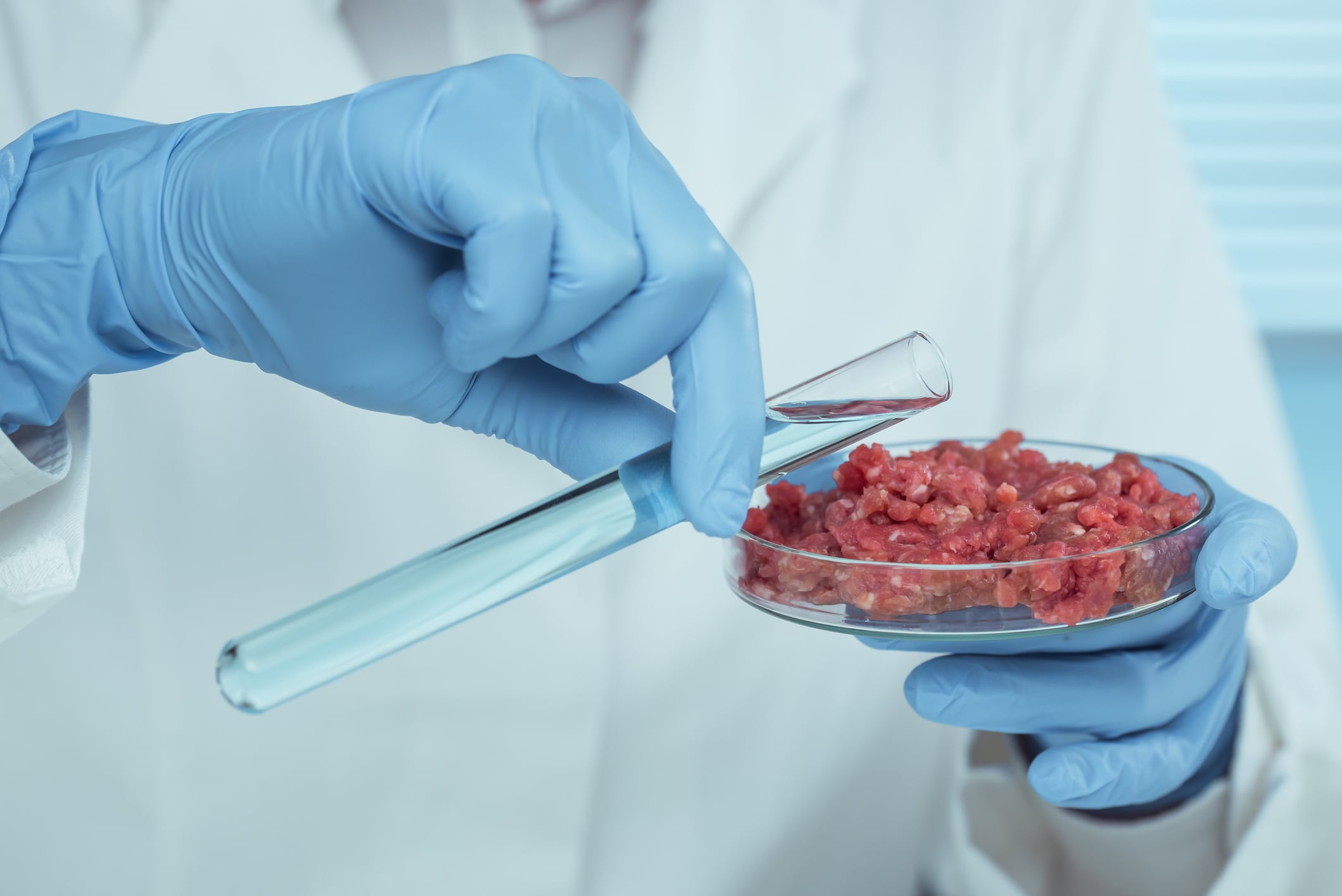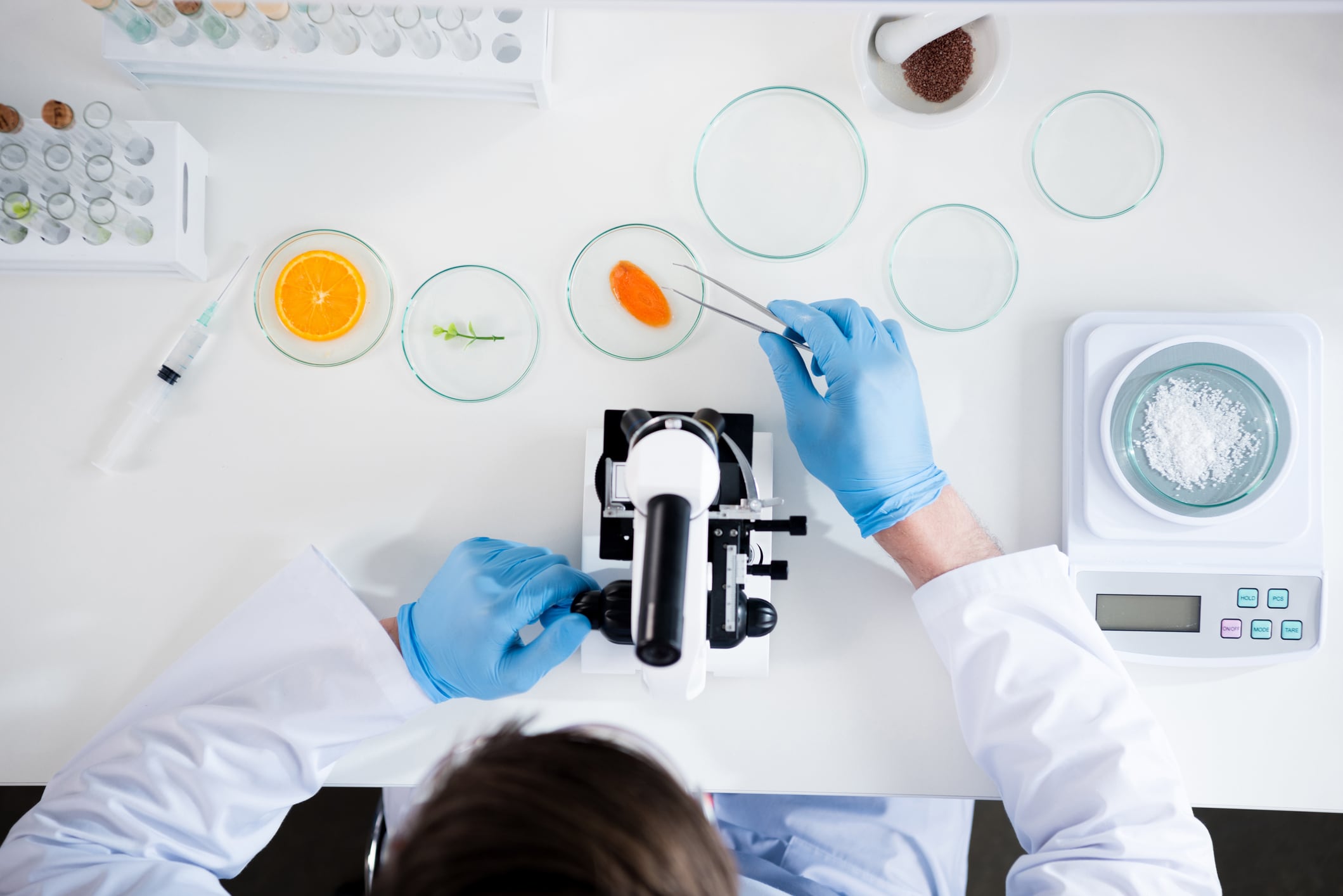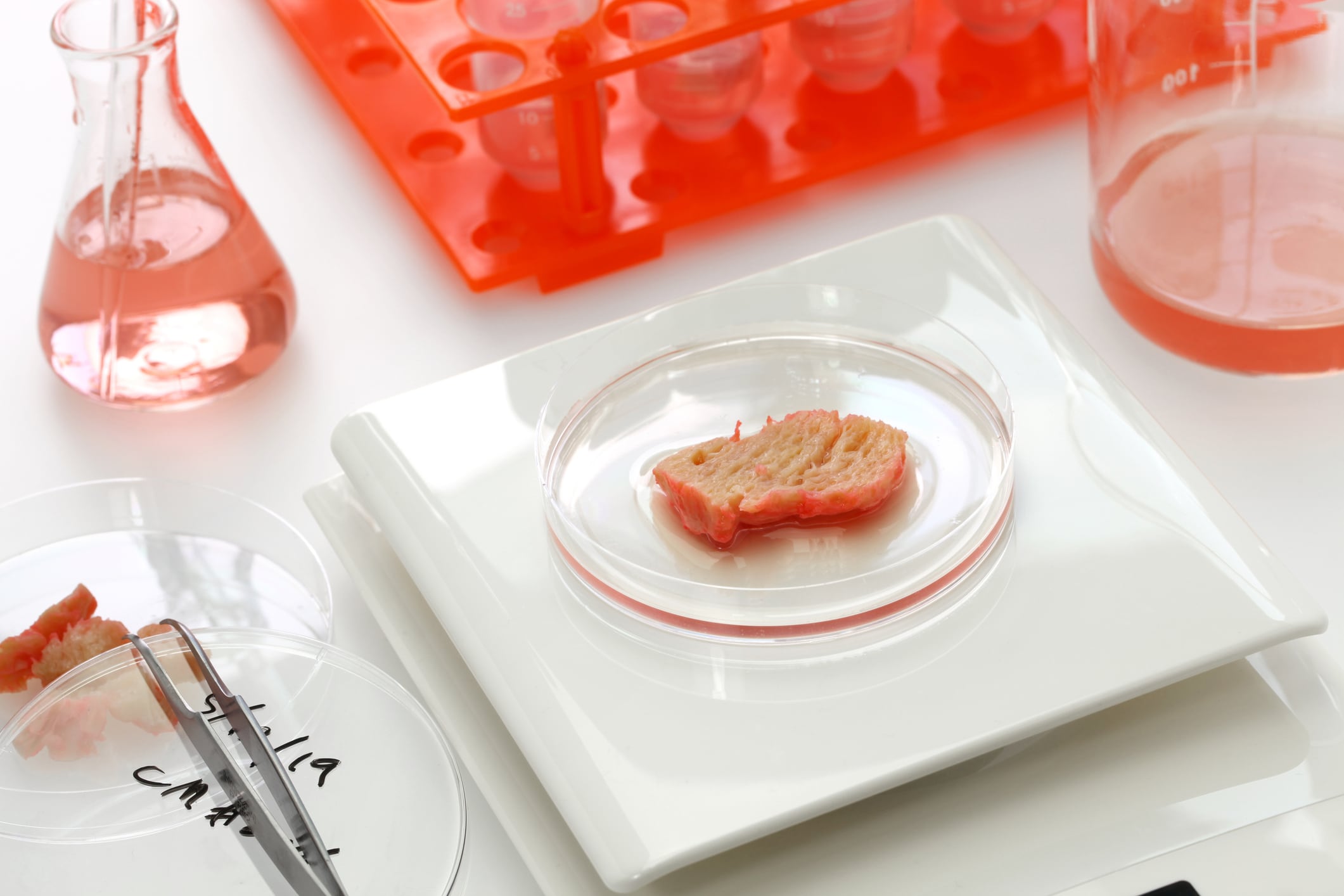The European Commission’s new strategy for life sciences, released on Wednesday, outlines how the EU aims to boost its life sciences sector.
One of the key pillars of this is fostering innovation. In the Commission’s view, innovation for the sector will be best achieved if burdensome regulations are changed.
Food is one of the key sectors that will be affected by these changes.
How will the EU boost novel food applications?
One of the key issues facing novel foods today is market authorisation. Getting a new food product on the market can be both time-consuming and costly, due in part to regulatory hurdles.
The novel food approval process offered by the European Food Safety Authority (EFSA) is widely considered one of the most stringent and authoritative out there. The flipside of this, however, is that it is often both costly and time-consuming.
The EU now plans to mitigate this. The strategy outlines plans to assess the multiple regulatory barriers holding back new products, including novel foods, from timely market access.
The aim is to speed up approval time, in order to allow innovative companies to get to market more quickly.
The Commission’s strategy pledges to allow experimentation clauses, derogations (partial suspensions) and regulatory sandboxes, all of which ease regulatory rules to allow more evidence gathering and greater experimental flexibility. This, it hopes, will help start-ups fastrack approval. A regulatory sandbox for cultivated meat is now being used in the UK, with successes already being seen.
Furthermore, the Commission has pledged to create an AI-powered tool to help researchers and innovators navigate the regulatory landscape.
The upcoming Biotech Act will build in these things, aiming to make regulations “more conducive” to biotech innovation.
Why is greater novel food market access important?
Novel foods are defined by the EU as foods that were not significantly consumed within the bloc before May 15, 1997. In order to enter the market, they must go through a lengthy regulatory approval process in order to ensure their safety.
Foods that would be considered novel at the moment are cultivated meat, some insect proteins, precision fermentation-derived dairy, and a range of individual ingredients.
According to a Nature study published this week, the average novel food application with EFSA takes around 2.56 years, with just over a year of variability (although 86.81% of its opinions are positive). By contrast, an evaluation by the Singapore Food Agency (SFA), admittedly estimated by the SFA itself, is around 9-12 months.
Complex novel food regulations have, in the past, been seen as a reason for the slowdown of investment in areas such as cultivated meat, as they create long waiting times before products are commercially viable.





